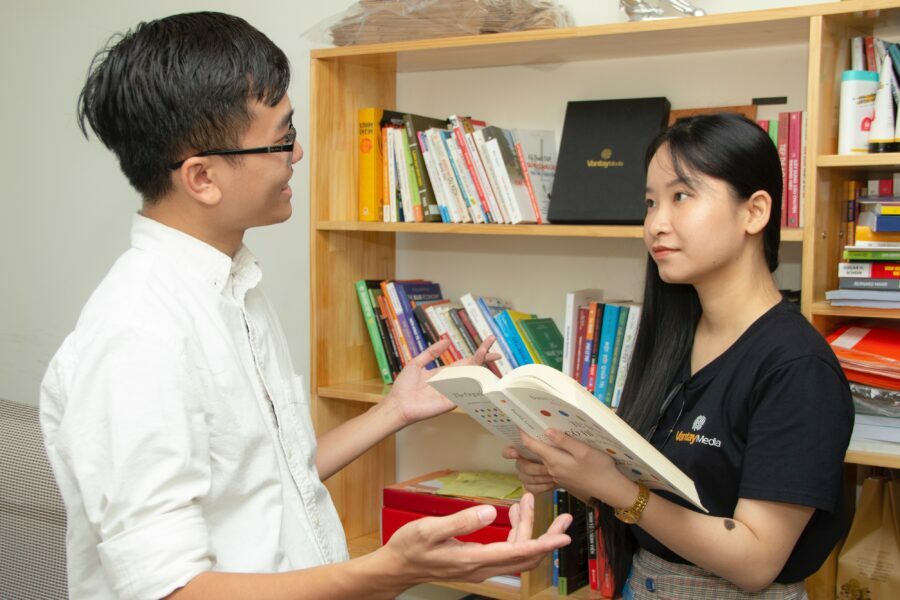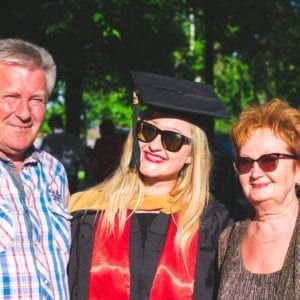Guizhou University (GZU), originally established in 1902, was first known as the Guizhou Institute of Higher Learning. Other names have included, Provincial Guizhou University, National Guizhou College of Agriculture and Engineering, and National Guizhou University. The name “Guizhou University” was formally adopted in October 1950. In November 1951, Chairman Mao Zedong inscribed the name for 'Guizhou University'. In August 1997, it merged with Guizhou Agricultural College and some other institutions. In August 2004, it merged with the Guizhou University of Technology.
In December 2004, it became one of the higher institutions partially funded by the Ministry of Education and the Guizhou Provincial People’s Government. In September 2005, it was listed as one of China's '211 Project' universities. In September 2012, it was recognized as one of the 14 universities in the “Midwest Universities Comprehensive Strength Promotion Project”. In April 2016, it was listed as a national-level key sponsored university in the “One Province, One School” project in the Midwest of China. In September 2017, GZU was included in the national “Double First-Class” Initiative to develop world-class disciplines. In November 2017, the university was awarded its first “National Civilized Campus” title. In February 2018, GZU became a higher institution that is to be jointly developed via ministerial-provincial cooperation.
The University covers an area of 362.22 hectares. Its library has a collection of more than 3.68 million paper documents, including more than 2.1 million Chinese and foreign electronic books. The University offers a wide range of courses for 12 major disciplines such as literature, history, philosophy, science, engineering, agronomy, medicine, economics, management, law, education, and art. GZU has 40 colleges, with 33,604 full-time undergraduate students (including 16,888 students from the two
independent colleges) and 12,433 graduate students. It is home to 3,938 faculty members, including 2,856 full-time teachers. Of these, 503 are professors and 979 are associate professors. A total of 968 teachers hold doctoral degrees and 978 master's degrees.









